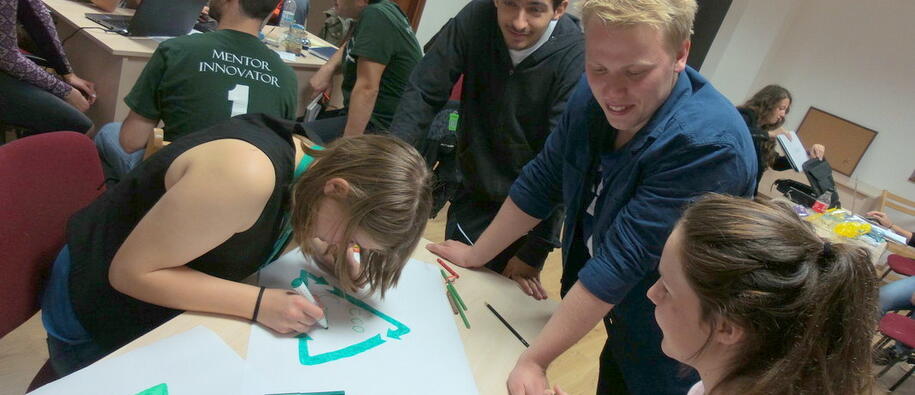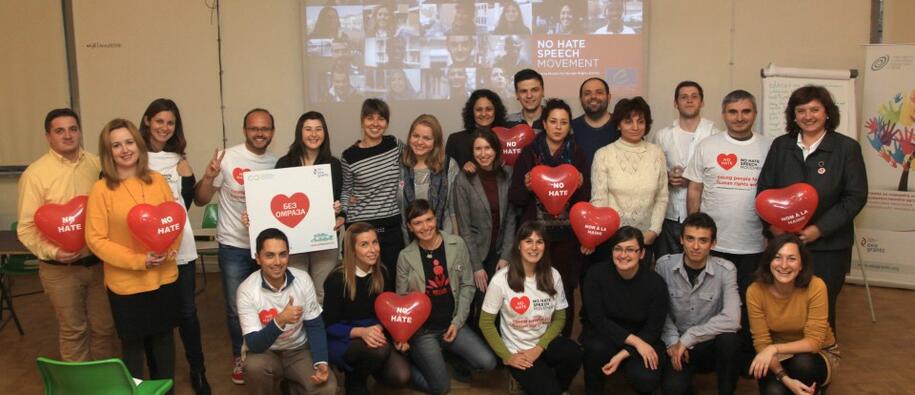Date of approval:
Bulgaria (BG)
Key facts
Programme Operator:
Open Society Institute
Programme ID:
BG05
Status:
Completed
Total amount:
€11,790,000
EEA Grants fund:
€11,790,000
Norway Grants fund:
€ 0
Programme areas:
Articles
Currently available funding
There are currently no calls for proposal.
More information
Programme Summary
Why is the programme needed? Civil society in Bulgaria played an important role as driver of reforms in the EU pre-accession period. However, recent reports (Civil Society Organization Sustainability Index, 2011) show that the current situation of the non-governmental organisation (NGO) sector is one of the most difficult registered over the last ten years, as the sector is facing critical challenges in relation to its organisational capacity and financial viability. State support is minimal and there is no mechanism for distributing funds to NGOs at the local level. Access to EU funding proves difficult given the competition, including with business. Strengthening the role of the Bulgarian non-governmental sector through the NGO Programme by supporting social justice, promoting democracy, and encouraging a more sustainable approach to societal development is a key step necessitated by the current economic and financial crisis. What will the programme achieve? The programme will contribute to the lessening of social and economic disparities through activities targeted at strengthening the civil society sector in Bulgaria. By providing opportunities for innovation and new responses to citizens’ needs, the NGO programme will support the sector in terms of strengthening its capacity for policy engagement and addressing social inequalities among marginalised and disadvantaged groups shall also be achieved. The programme is designed to tackle horizontal concerns such as: hate speech, extremism, racism and xenophobia, homophobia, anti-Semitism, tolerance/multicultural understanding, Roma, sexual harassment, violence against women and trafficking. The programme will take into consideration other concerns: social inclusion, democracy, human rights, access to rights including in rural areas and protection of the environment; capacity-building, support for networking and coalition-building and advocacy. How will it be achieved?- Support through three open calls in 2013-2014 will focus on: democracy, human rights and good governance; social inclusion and empowerment of vulnerable groups; sustainable development and protection of the environment; and capacity-building for NGOs.
- A wide range of specific actions is envisaged to address environmental issues: awareness-raising campaigns, civic participation engagement actions, support to umbrella organisations/networks of NGOs, educational/training activities on environmental protection and sustainable development, know-how exchange activities, and others.

